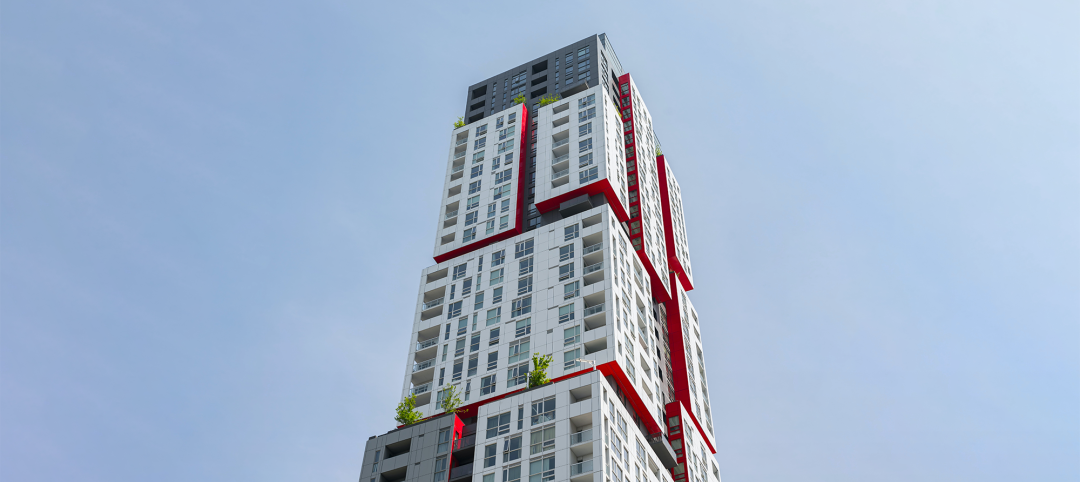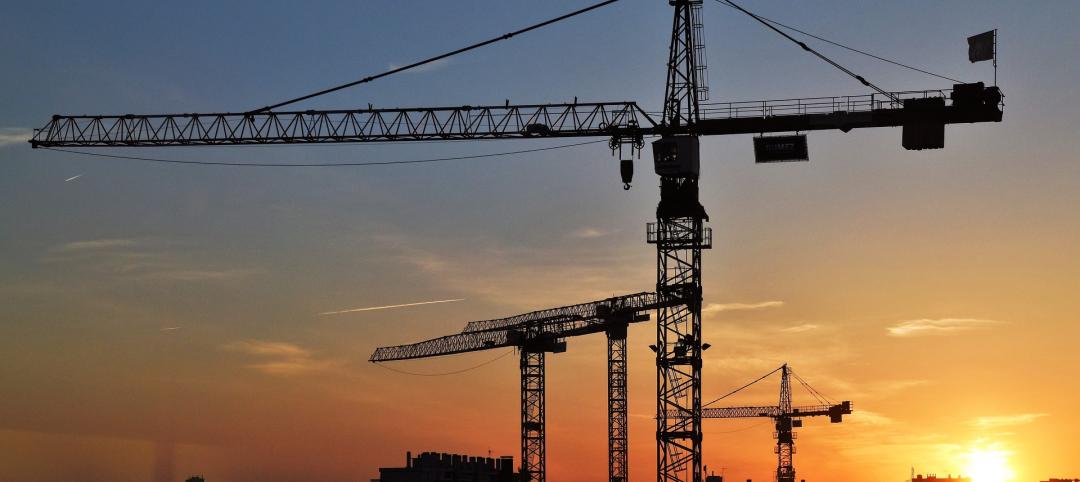A new study published today by the American Institute of Architects (AIA) finds that data and culture gaps are obstacles architects are facing in fighting climate change.
The report, Sustainability in the Architect’s Journey to Specification, identified a number of common obstacles that could be improved by the building products industry to help architects support climate action, including:
- Supplying useful, timely, and accurate product information and data.
- Reducing barriers—primarily high costs–to products to increase adoption of sustainable products, especially as clients are increasingly concerned about sustainability being too cost-conscious in the short term.
In other findings, nearly all architects said third-party testing or certification is crucial for new product adoption. Architects also indicated that continuing education from building product companies is the most convenient way to learn about new products and innovations.
“Architects are increasingly motivated to commit to climate action and evolve the built environment,” said 2020 AIA President Jane Frederick, FAIA. “Our members have an important role to play, but they cannot do it alone. Everyone in the design and building product industry must do their part, and that means more than just making materials that contribute to sustainability. Informed product and material knowledge is essential, if we are going to succeed. Committing to innovation is essential.”
Sustainability in the Architect’s Journey to Specification is available on AIA’s website.
Related Stories
Industry Research | Dec 28, 2022
Following a strong year, design and construction firms view 2023 cautiously
The economy and inflation are the biggest concerns for U.S. architecture, construction, and engineering firms in 2023, according to a recent survey of AEC professionals by the editors of Building Design+Construction.
Self-Storage Facilities | Dec 16, 2022
Self-storage development booms in high multifamily construction areas
A 2022 RentCafe analysis finds that self-storage units swelled in conjunction with metros’ growth in apartment complexes.
Market Data | Dec 13, 2022
Contractors' backlog of work reaches three-year high
U.S. construction firms have, on average, 9.2 months of work in the pipeline, according to ABC's latest Construction Backlog Indicator.
Contractors | Dec 6, 2022
Slow payments cost the construction industry $208 billion in 2022
The cost of floating payments for wages and invoices represents $208 billion in excess cost to the construction industry, a 53% increase from 2021, according to a survey by Rabbet, a provider of construction finance software.
Mass Timber | Dec 1, 2022
Cross laminated timber market forecast to more than triple by end of decade
Cross laminated timber (CLT) is gaining acceptance as an eco-friendly building material, a trend that will propel its growth through the end of the 2020s. The CLT market is projected to more than triple from $1.11 billion in 2021 to $3.72 billion by 2030, according to a report from Polaris Market Research.
Market Data | Nov 15, 2022
Construction demand will be a double-edged sword in 2023
Skanska’s latest forecast sees shorter lead times and receding inflation, but the industry isn’t out of the woods yet.
Reconstruction & Renovation | Nov 8, 2022
Renovation work outpaces new construction for first time in two decades
Renovations of older buildings in U.S. cities recently hit a record high as reflected in architecture firm billings, according to the American Institute of Architects (AIA).
Market Data | Nov 3, 2022
Building material prices have become the calm in America’s economic storm
Linesight’s latest quarterly report predicts stability (mostly) through the first half of 2023
Building Team | Nov 1, 2022
Nonresidential construction spending increases slightly in September, says ABC
National nonresidential construction spending was up by 0.5% in September, according to an Associated Builders and Contractors analysis of data published today by the U.S. Census Bureau.
Hotel Facilities | Oct 31, 2022
These three hoteliers make up two-thirds of all new hotel development in the U.S.
With a combined 3,523 projects and 400,490 rooms in the pipeline, Marriott, Hilton, and InterContinental dominate the U.S. hotel construction sector.

















